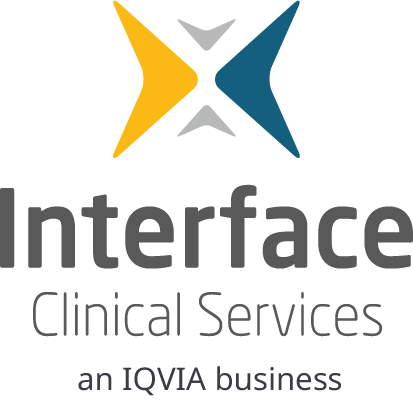

The real question is why are pharmacists not already being better utilised in primary care?
The Now or Never Report, published by The Royal Pharmaceutical Society in November 2013 highlights the need to utilise the professional expertise of pharmacists and to ensure that NHS professionals and resources are being used to optimum capacity. Yet the challenges highlighted in the report are still inflicting an ever-increasing pressure on the NHS that cannot be sustained.
At long last, pharmacists are beginning to be effectively integrated into primary care environments, yet these are seen as initiatives only undertaken by innovative organisations rather than models of care that can be rolled out across the NHS.
Beacon Medical Group in Plymouth have been given an opportunity to explore the role of a Primary Care Pharmacist through a successful bid from the Prime Ministers Challenge Fund, they employed Robin Conibere, three days a week and he has been using his skills to help improve the care of patients and improving the focus on medicines optimisation for the practice. His role has included:
Many of these services Robin carries out are not commonly associated with the traditional pharmacist role, yet they are reducing the GP burden significantly. For the remainder of the week, Robin is employed by Interface Clinical Services, an independent service provider, undertaking similar roles in a range of local practices in either a sponsored or consulting capacity.
When asked about his progressive role, Robin stated, “After many years of working in community pharmacy the opportunity was given to me at the start of 2014 to get out of the pharmacy and explore the benefits a pharmacist could bring to general practice. This began with work for Interface Clinical Services, who offer a range of clinical services in key therapeutic areas ranging from Stroke Prevention in Atrial Fibrillation, Diabetes, Asthma, Osteoporosis and many more, these services aim to give support to practices to improve patient care using current guidelines and best practice. In November I met with some of the management team of Beacon Medical Group and we discussed how we felt a directly employed clinical pharmacist could compliment the skill mix and improve patient care. It is still early days but already I feel patients and staff are benefiting from my pharmacy knowledge while also keeping an eye on evidence based and cost effective prescribing. Professionally the role really challenges on a daily basis and no two days are ever the same. With the current pressures on GP recruitment and many keen to explore different ways of working now is the time for pharmacists to step up to the plate and engage with their local general practices.”
As the GP shortage intensifies, the number of qualified pharmacists is rising, far exceeding the rate of traditional employment opportunities. This is creating a need for clinical service providers, who are able to utilise pharmacist resource and provide pharmacist-led services to CCGS, or directly to general practices. This, combined with the direct employment of pharmacists, as demonstrated by Beacon Medical Group and countless others across the UK, provides endless opportunities for practices to increase resource and ensure GPs and clinical pharmacists’ time and skills are better utilised.
When asked about the recruitment of pharmacists, Interface Clinical Services Managing Director, Mike Drakard commented, ‘Our recruitment cycle is continuous, which only highlights the growing demand for pharmacist-led services within primary care and the wider health care environment. Despite recruiting regularly the number of applications we receive continues to exceed expectations, underlining the need for focussed pharmacist roles, especially when there is a significant service gap to be filled.’
The full integration of pharmacists into primary care, whether direct or via clinical services providers, will not only realise the opportunities outlined in The Now or Never Report, it will also allow the NHS to take a significant step towards the achievement of their Five Year Forward Plan.
The Five Year Forward plan details why change is needed, what that change might look like and how it can be achieved. One of the key indicators to achieve change is disease prevention, a prime opportunity to utilise both pharmacists’ skills and available resource, not only providing medicines optimisation and prescribing provisions to practices, but to offer ongoing care and support to patients.
To further ensure the integration of pharmacists into a primary care setting and enable the NHS to achieve its vision for the future, more should be done to promote pharmacist services directly to patients. If we can change the way that patients seek advice, then an on-site pharmacist could become customary fuelled by a demand directly created by patients.